Monsters of Verity - Tome 1 This Savage song
Extraits
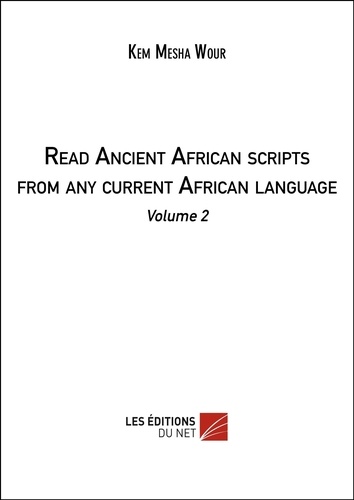
Non classé
Read Ancient African scripts from any current African language. Volume 2
05/2020
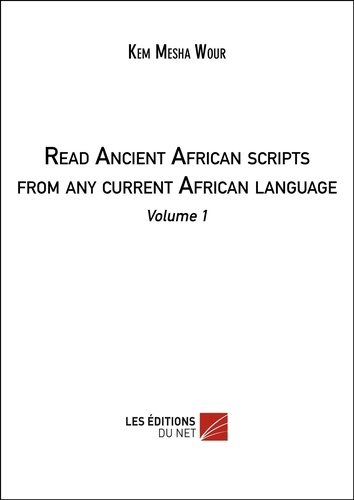
Non classé
Read Ancient African scripts from any current African language. Volume 1
05/2020
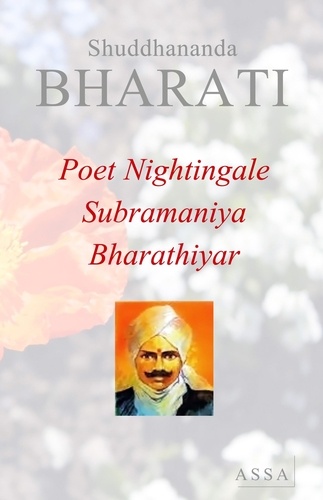
Littérature française
Poet Nightingale Bharathiyar, life story of Bharathiyar
03/2009
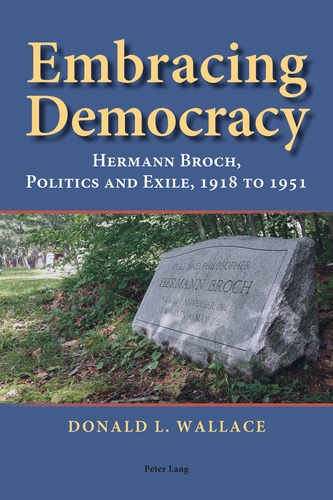
Non classé
Embracing Democracy
09/2014
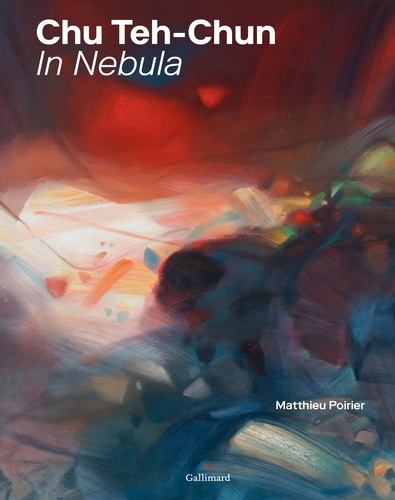
Monographies
Chu Teh-Chun. In Nebula, Edition bilingue français-anglais
04/2024
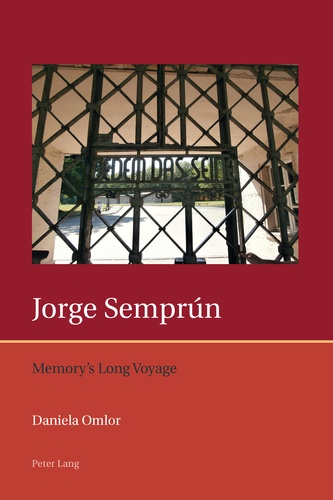
Non classé
Jorge Semprún
04/2014
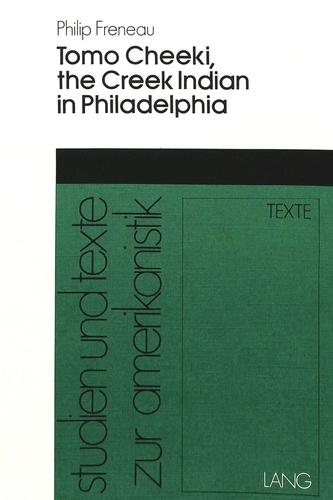
Non classé
Philip Freneau- Tomo Cheeki, the Creek Indian in Philadelphia
12/1987
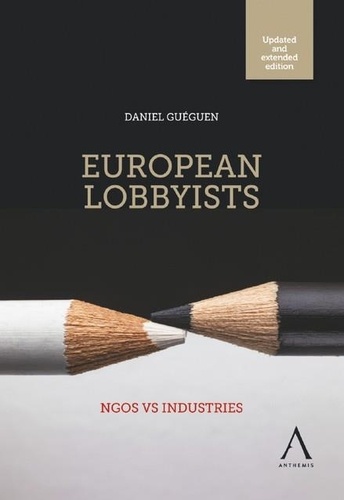
Droit européen des affaires
Lobbyst. Revelations from the EU Labyrinth, 2e édition
12/2023
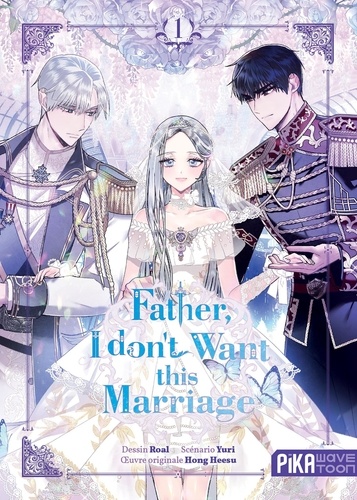
Manhwa
Father, I don't want this marriage Tome 1
02/2024
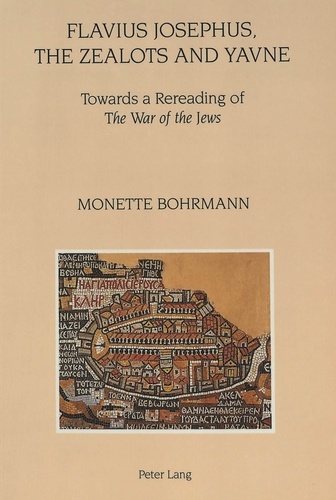
Histoire internationale
Flavius Josephus, the Zealots and Yavne
01/1994
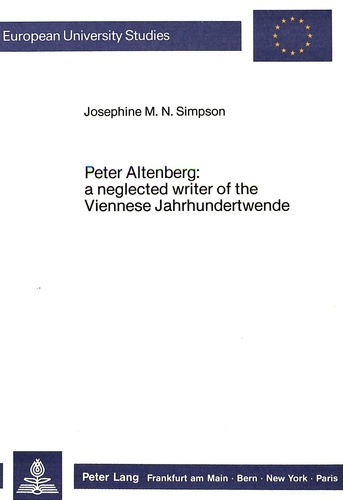
Non classé
Peter Altenberg
08/1987
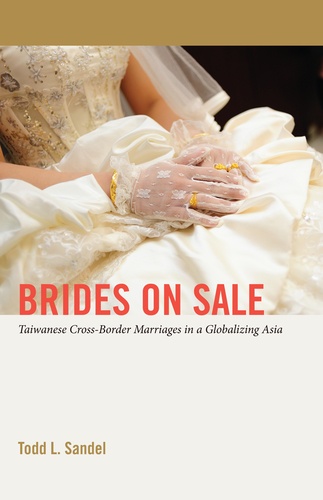
Non classé
Brides on Sale
04/2015
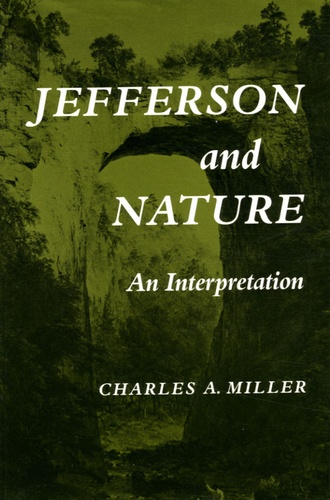
Anglais apprentissage
Jefferson and Nature. An Interpretation
01/1993
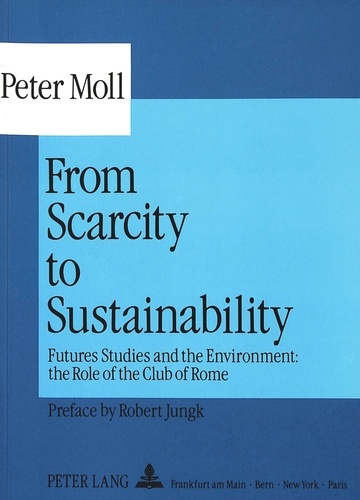
Non classé
From Scarcity to Sustainability
12/1991
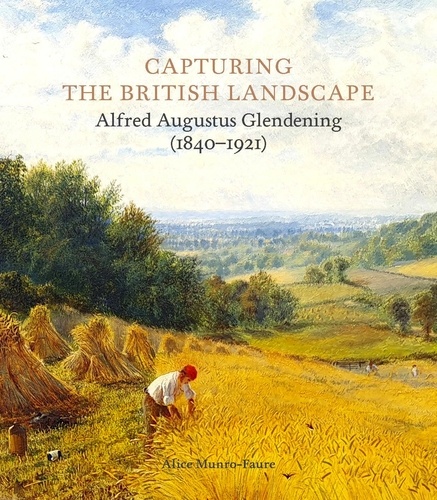
Beaux arts
Capturing the British Landscape. Alfred Augustus Glendening (1840–1921)
10/2022
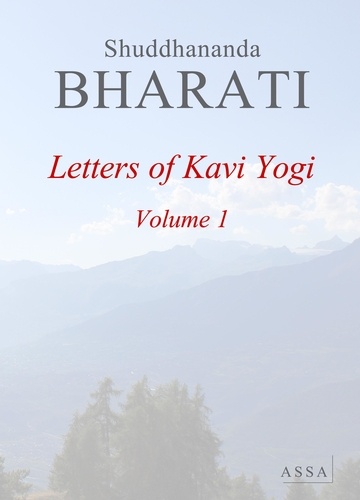
Littérature française
Letters of Kavi Yogi, Volume 1, Correspondence of Dr. Shuddhananda Bharati
03/2012

Littérature française
Letters of Kavi Yogi, Volume 2, Correspondence of Dr. Shuddhananda Bharati
05/2012
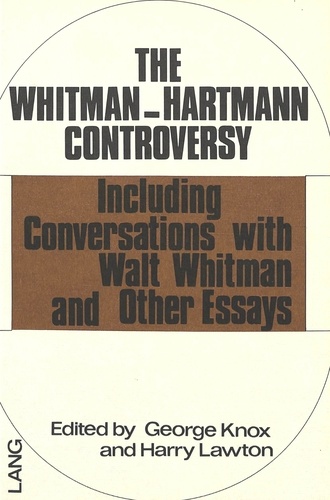
Non classé
The Whitman-Hartmann Controversy
12/1976
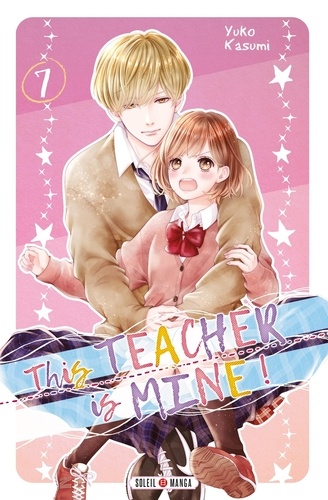
Manga
This teacher is mine ! Tome 7
01/2020
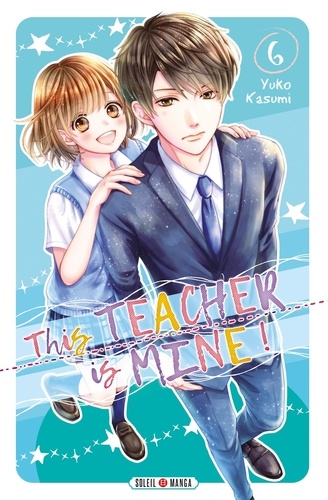
Manga
This teacher is mine ! Tome 6
10/2019

Manga
This teacher is mine ! Tome 5
07/2019
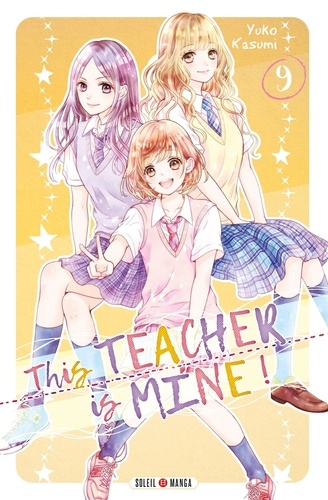
Manga
This teacher is mine ! Tome 9
12/2020
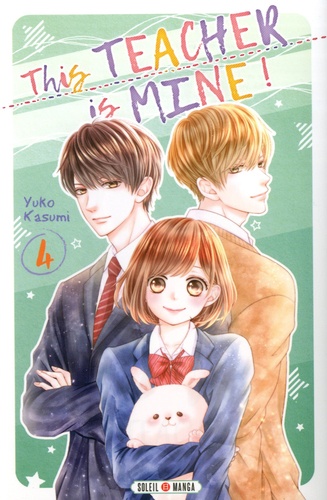
Manga
This teacher is mine ! Tome 4
04/2019
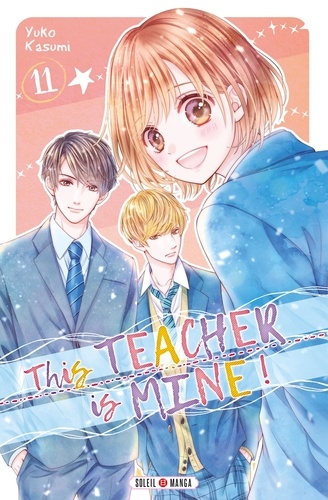
Shojo/fille
This teacher is mine ! Tome 11
06/2021
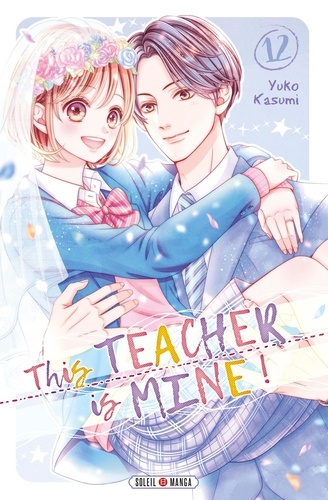
Shojo/fille
This teacher is mine ! Tome 12
09/2021

Manga
This teacher is mine ! Tome 8
07/2020
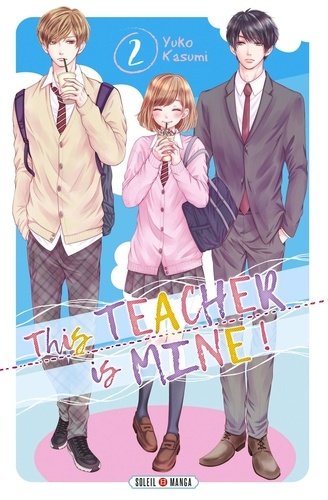
Manga
This teacher is mine ! Tome 2
09/2018
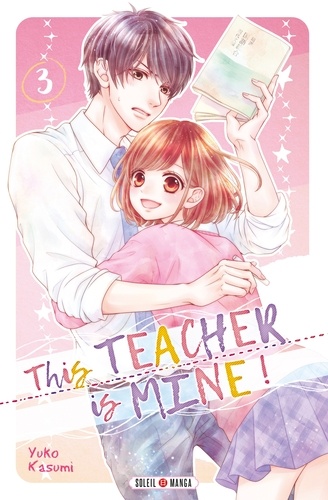
Manga
This teacher is mine ! tome 3
11/2018

Littérature érotique et sentim
Verity Long Tome 3 : Le coffre hanté
12/2020
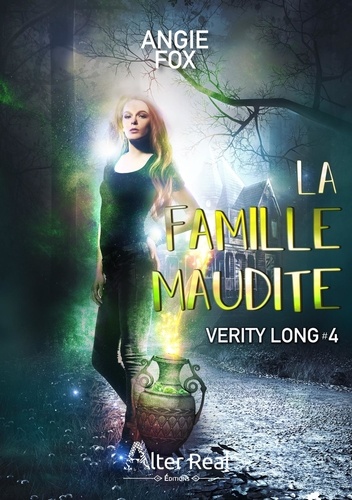
Paranormal, Bit-lit, Science-f
Verity Long. Tome 4, La famille maudite
04/2021
